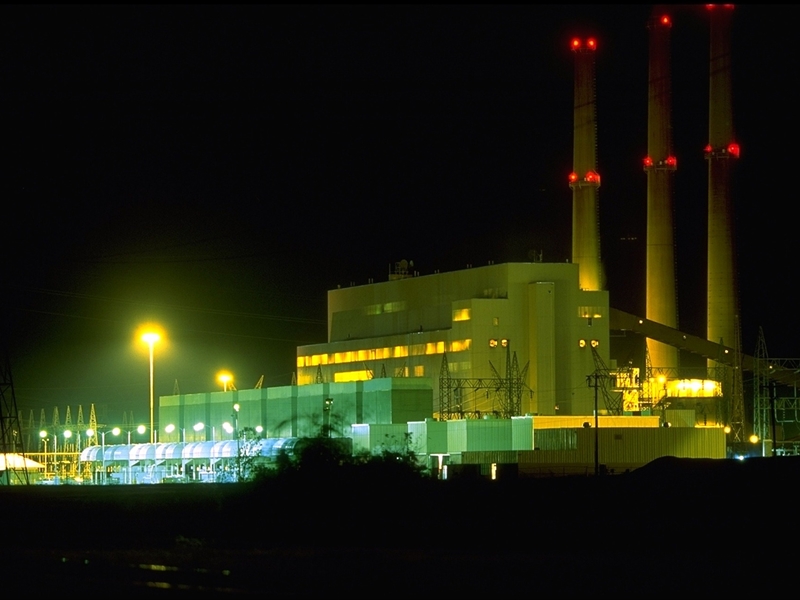The Climate Change Act 2008 (2050 Target Amendment) Order 2019 committed the UK to reaching net zero by 2050. With net zero, the total UK greenhouse gas emissions would be equal to the emissions removed from the atmosphere. It’s a big commitment, one with many challenges across every sector, but it’s more than simply a commitment; we are legally bound to meet this target and, indeed, must if we’re to contribute to slowing climate change.
Carbon-neutral fuels are emerging as a critical component of this ambitious transformation. Carbon-neutral fuels include:
- Biofuels - produced using natural CO2-consuming processes like photosynthesis,
- hydrogen - produced by the electrolysis of water, usually using electricity from a low-emission energy source such as turbine power
- and synthetic fuels made by chemically hydrogenating carbon dioxide
Unlike conventional fossil fuels, these fuels are produced from renewable sources or through processes that capture and recycle carbon dioxide, so they produce no net increase in atmospheric carbon dioxide. They offer a promising alternative to fossil fuels, enabling the transition to a sustainable energy system while supporting economic growth and job creation.
The Role of Carbon Neutral Fuels
Several key sectors across the global economy are heavy producers of carbon emissions, and the UK is no exception. Some sectors, such as transport and heavy industry, are traditionally difficult to decarbonise, relying as they do on production methods essentially unchanged since the Industrial Revolution (for example, steel) or even earlier (ceramics).
The transportation sector is the largest single contributor to greenhouse gas emissions, producing 26% of the UK’s total emissions (2021, www.gov.uk). Carbon-neutral fuels can significantly reduce the environmental impact of vehicles, aeroplanes, and ships. Hydrogen fuel, for example, is gaining traction as a clean alternative for powering heavy-duty trucks and buses, offering zero emissions and high energy efficiency.
The ’foundation industries’, Steel, Glass, Ceramics, Paper, Chemicals, and Cement, contribute 10% to the UK’s total carbon emissions, and there is significant investment taking place encouraging research and development into streamlining processes and changing production methods within those industries to make them less carbon emitting.
Economic Impact and Opportunities
The adoption of carbon-neutral fuels presents substantial economic opportunities for the UK. As the demand for clean energy solutions grows, investments in carbon-neutral fuel technologies can drive innovation and create new markets. The development of a robust carbon-neutral fuels industry would also enhance energy security by reducing the UK's reliance on imported fossil fuels.
Government policies and incentives play a crucial role in fostering the growth of this sector. The UK government has introduced various measures, such as grants and subsidies provided through outlets such as Innovate UK, formerly the Small Business Research Initiative, to support research and development in carbon-neutral fuel technologies. These initiatives are crucial in accelerating the commercialisation and widespread adoption of these fuels and making them cost-competitive with traditional fossil fuels.
The carbon-neutral fuels sector is beginning to generate a wide array of job opportunities across the UK. From research and development to manufacturing and distribution, the industry requires a diverse workforce with a range of skills and expertise. The key will be to encourage Generation Z and Generation Alpha into these sectors while up-skilling, re-skilling, and cross-skilling the current workforce.
A key market ASL Technical serves is automotive manufacturing, which is seeing a sea change in skill requirements as the industry pivots to adapt to constantly evolving technologies. This transition necessitates a range of expertise, from engineers and researchers developing advanced biofuels and hydrogen fuel cells to technicians and assembly line workers building next-generation vehicles designed for these alternative fuels. As the sector grows to meet supply and demand, new manufacturing facilities will need to be built. Additionally, roles in quality assurance and testing are crucial to ensure that these new technologies meet stringent environmental and safety standards.
The shift also creates demand for supply chain specialists to manage the procurement and logistics of new materials and for marketing and sales professionals to educate consumers on eco-friendly vehicles and promote their uptake. Furthermore, the industry needs skilled workers to develop and maintain the infrastructure for fuel distribution, such as hydrogen refuelling stations.
The UK stands truly on the precipice of change; 2050 looms ever closer. According to the Climate Change Committee, the UK will need to quadruple its low-carbon electricity generation to achieve net zero by the target date. Carbon-neutral fuels represent a vital pathway towards achieving the UK’s net-zero emissions target. Their integration into the economy helps mitigate climate change and drives technological innovation and economic growth. With government commitment to supporting greener, more sustainable transport and industry options, as the sector expands, it will generate significant employment opportunities, supporting a sustainable and prosperous future for the UK. Embracing carbon-neutral fuels is not just an environmental imperative; it is a strategic economic decision that will shape the future of the nation.

